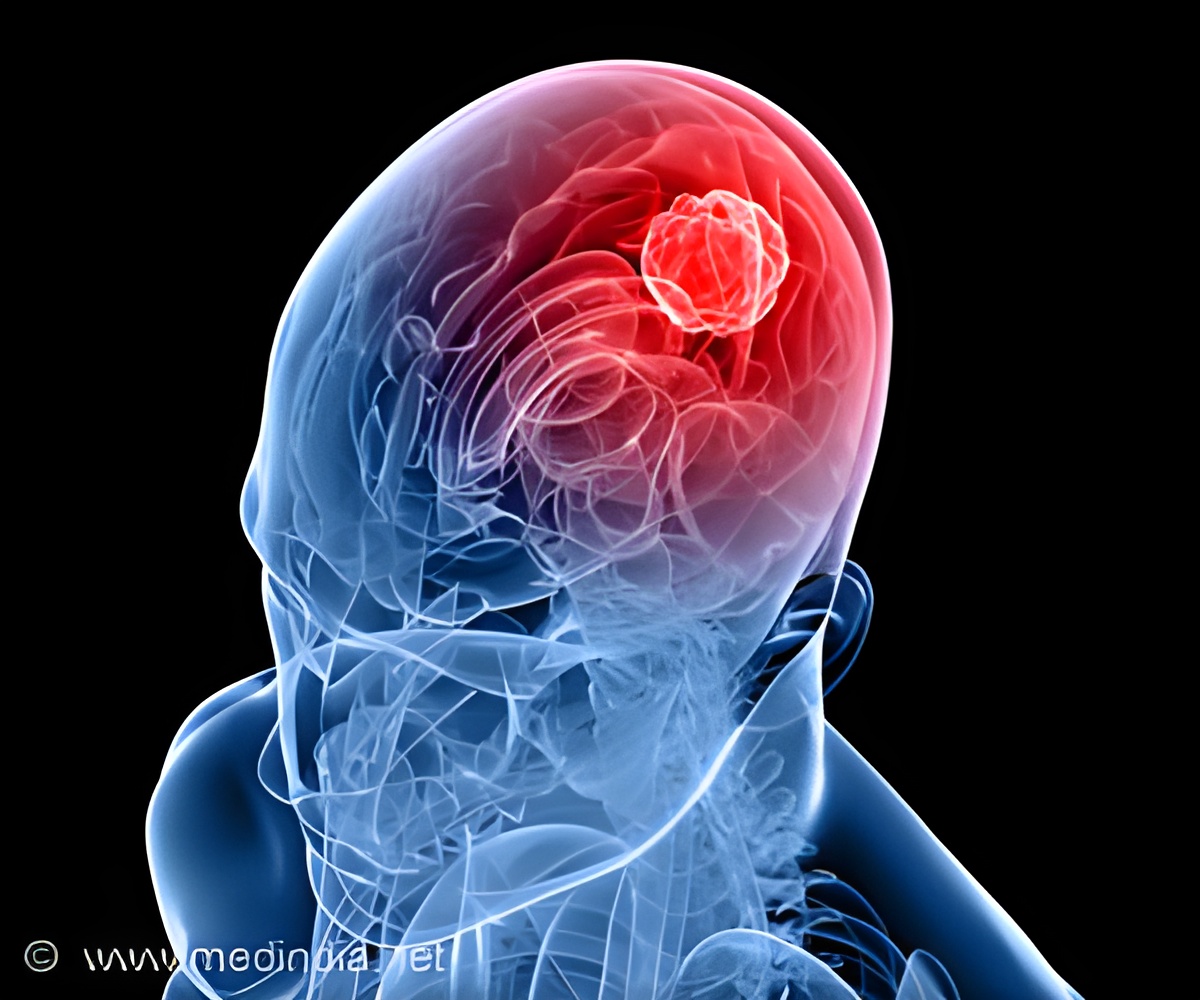Drug resistance can be averted in a subtype of brain tumors by inhibiting a specific enzyme and its regulating factor

‘Drug resistance contributes as a key player in cancer treatment. However, the resistance can be averted in a subtype of brain tumors like glioblastomas by inhibiting a specific enzyme – Stearoyl Co-A Desaturase (SCD) and its regulating factor (FOSB). This may help rectify the failures of pre-existing SCD-inhibiting drugs in clinical trials, resulting in a targeted treatment approach.
’





The study team had discovered that certain brain tumors have low amounts of an enzyme called Stearoyl Co-A Desaturase (SCD), which in general is required in elevated levels to fuel the uncontrolled growth of cancer cells. Various drugs, therefore, target SCD to treat tumors. Silencing of the SCD Pathway
Analysis of publicly available glioblastoma genetic datasets demonstrated that the SCD gene is both deleted as well as its expression suppressed through epigenetic mechanisms in a large subset of glioblastoma patients.
The incorporation of this concept had the team succeeded by inhibiting this SCD protein and reducing the expression of the transcription factor FOSB (which regulates SCD).
Upon the inhibition of both the protein itself and its regulator, now the tumor cells cannot acquire resistance to the SCD inhibitor, as demonstrated by the longer survival rate of treated (SCD and FOSB inhibition-combination therapy) mice models.
Advertisement
"This finding was surprising given the requirement of SCD in most cancers," says principal investigator Biplab Dasgupta, PhD, Division of Oncology.
Advertisement
The findings of present study may serve as a re-assessment tool for SCD-inhibiting drugs in clinical trials. This would help rectify the failures of pre-existing cancer treatments, resulting in targeted efficacies of drugs.
Source-Medindia















